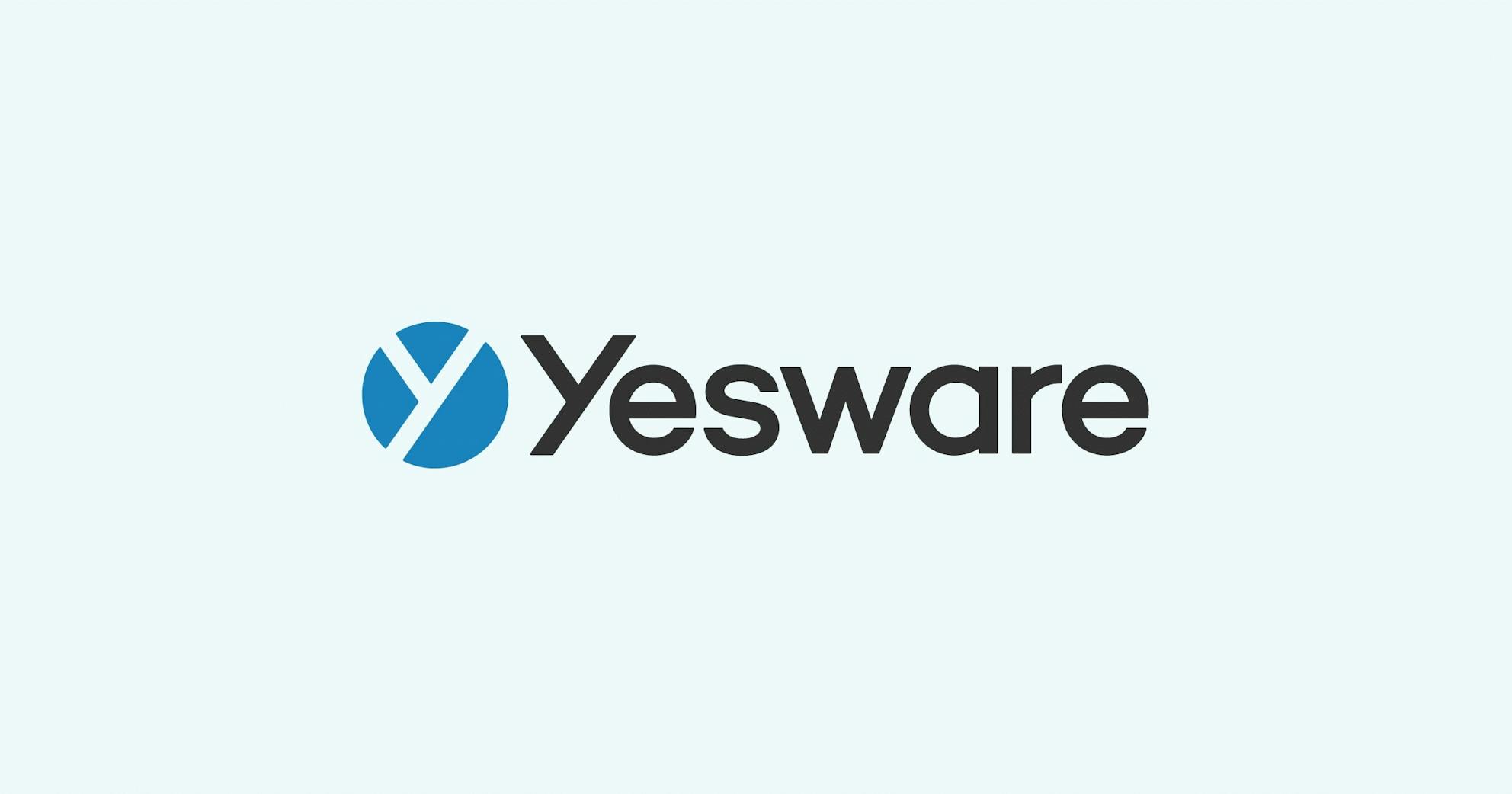3 Better Ways to Develop Your Team
Romy Ribitzky

By Nacie Carson, Contributor to Yesware
Most startups say the same thing: “our people are our best asset.”
But when it comes to growing and nurturing that asset, most companies don’t put their money – or, more specifically, their team development investment – where their mouth is.
Consciously crafted and implemented team training programs are woefully absent in the majority of startups, and this absence is justified by a host of sensible sounding excuses: “we are too small,” “we need to focus on getting off the ground first,” “we don’t have the capital/manpower/time to start that now.”
But in reality, there is no such thing as being too small, too busy, or too under-resourced to develop your team’s skills.
In fact, you can’t afford not to undertake this endeavor.
Building Team Skills Is a Business Strategy
Perhaps one of the reasons why startups avoid development programs to begin with is that they are perceived as everyone’s worst HR nightmare: trust falls, bland skill manuals, and hokey seminars.
But team development is so much more than ropes courses or time-sucking mandatory fun activities. Real team development is about one thing: increasing the productivity, and therefore the profitability, of your team—and optimizing how individual roles work together cohesively.
In addition to oiling your lean, mean, team machine, investing in development is a savvy business strategy that provides a low-cost way to attract and retain talent.
Professionals today aren’t looking to join a company and stay for life. They’re looking to work in a job that will give them as much money, skills, and experience as possible so they can command more at their next position.
That’s why investing in team development should be starting to look pretty good. You want to provide your workers with enough motivation to stay loyal to the company for as long as possible.
Implementing Low-Resource Team Development
So now that you’re warmed up to investing in team skill-building opportunities in your startup, how can you go about implementing them in a way that doesn’t siphon capital, manpower, or take the focus away from the business?
Here are three simple and inexpensive strategies for bringing team development to your startup:
Start a Reciprocal Mentorship Program
If there is one non-monetary benefit that makes employees, especially Millennials, pay attention, it is the promise of a mentorship program. Instead of setting up a traditional mentorship program that pairs up more experienced and less experienced employees, try a non-traditional model that pairs up people based on the potential for reciprocal mentorship.
For example, you might have a Millennial employee who is a rock star at social media, but weak in time management – they would be the ideal partner for a more senior team member who is poor in social media understanding, but more experienced in managing projects through the pipeline.
Do (a cheaper) Lunch
Lots of companies offer modern equivalents of social hours: bagels brought in on Wednesday mornings, beers for all on Friday afternoons, lunch out as a team someplace fun twice a month. However, for startups, these options are financially unfeasible (beer, bagels, and pad tai for all can add up fast!). The trick is not to scrap the concept totally, but modify it to remove the financial burden and up the team-building aspect.
One way is to do a brown bag lunch as a team in the office once a week—this way you still get all the benefits and incur none of the costs. Or, you can have each team member make a dish and bring it in for a fun potluck. At Yesware, we do what we call Friday “family lunch” where we talk about anything but work as a way to team build. With work off the table, team members can really get to know one another and create better cohesion.
Expand Staff Meeting Attendance
Instead of keeping staff meetings to the top decision-makers in the company, invite all company employees to staff meetings so they have a chance to learn by observation and connect more concretely with essential skills. However, inviting them doesn’t mean opening up the agenda to the entire company.
Create a gallery feel by setting basic ground rules for observation, and then conduct your meetings as usual. Encourage team members who are observing to write down questions they have about the meeting contents and seek out a senior team member or their mentor to discuss.
One of the great, exciting elements of the startup world is that each founder gets to make their own rules for how they do their business, how they run their business, and how they grow their business. So instead of avoiding team-building opportunities, startup founders should use their innovative canvas to reshape what a development program can really do for a young organization…as long as it doesn’t involve trust falls.
Get sales tips and strategies delivered straight to your inbox.
Yesware will help you generate more sales right from your inbox. Try our Outlook add-on or Gmail Chrome extension for free, forever!
Related Articles
Romy Ribitzky
Romy Ribitzky
Sales, deal management, and communication tips for your inbox

